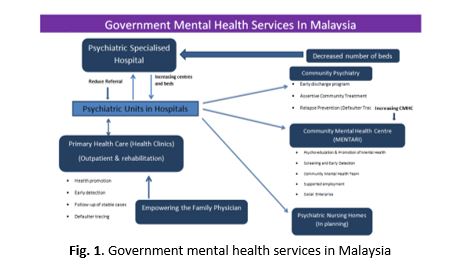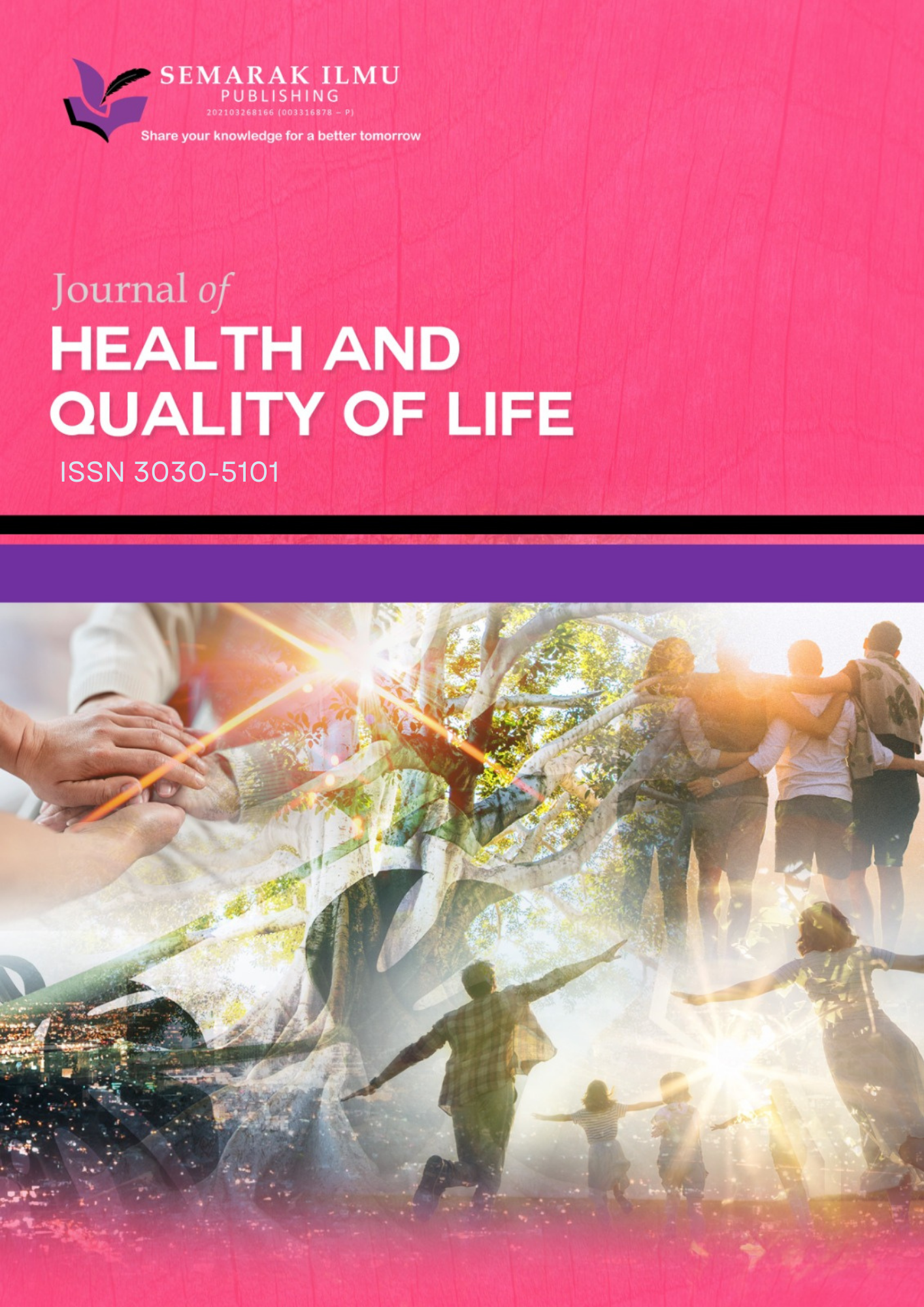Awareness of Mental Health Issues in Malaysian Construction Industry
DOI:
https://doi.org/10.37934/jhqol.1.1.2148Keywords:
Mental health issue, Construction industry, Performance of construction industry, MalaysiaAbstract
The Health and Safety Executive (HSE) has issued a statement indicating that mental health issues have been associated with a significant proportion of diseases within the construction sector from March 2018 to March 2019. This study aims to examine the level of awareness within the Malaysian Construction Industry regarding mental illness and the industry's perception of this issue. The main objective of this study is to ascertain the underlying factors contributing to mental health issues experienced by employees within the construction industry. Additionally, it seeks to examine the effects of employees' mental health on the performance of the construction industry, specifically in relation to absenteeism and presenteeism. The research approach employed in this study is a quantitative methodology. Based on the data collected from the survey, this study establishes that employees in the construction industry encounter mental health challenges. Although the majority of participants in the survey exhibit stable mental health conditions, the data also reveals the presence of respondents who experience mental health concerns. This study examines the occurrence of mental health issues, including anxiety, stress, depression, and post-traumatic stress disorder (PTSD), among construction workers. The focus is on individuals who are mostly employed in white-collar positions within the construction industry and fall within the age range of 26 to 30 years. Additionally, the study considers employees who have accumulated between 0 to 5 years of work experience. Individuals who are employed in professions with a higher likelihood of insecure employment and lower income tend to exhibit a greater susceptibility to mental health issues. Therefore, it is imperative that the topic of mental health difficulties is not disregarded and is actively addressed by scholars and governmental agencies in Malaysia, in order to promote a healthier mental wellness for employees in the future. The data also indicates that the average rates of absenteeism and presenteeism are 5.8% and 22.4% respectively, resulting in a combined average cost of RM 311.99. Further investigation is necessary in order to enhance scholarly and practical understanding.
Downloads














